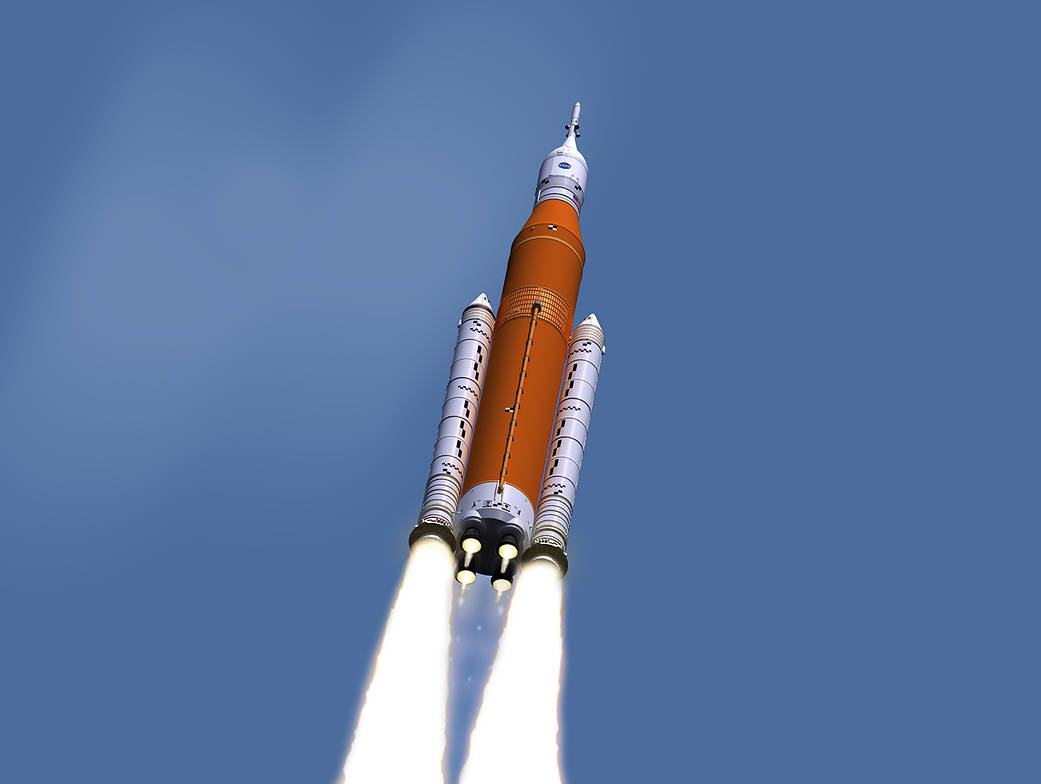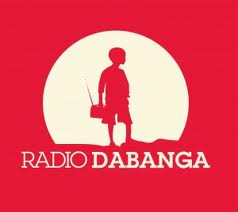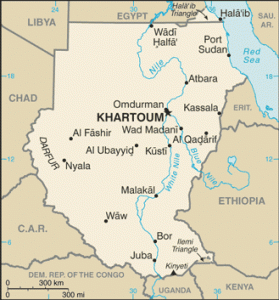Radio Waves: Stories Making Waves in the World of Radio
Welcome to the SWLing Post’s Radio Waves, a collection of links to interesting stories making waves in the world of radio. Enjoy!
Many thanks to SWLing Post contributors Dennis Dura, David Shannon, and Eric McFadden for the following tips:
Bouvard Laments “Yawning Gap” in Marketer Perceptions About Radio (Radio World)
Cumulus publishes analysis to counter prevailing sentiments about AM and radio in general
“Ford owners are massive users of AM radio.”
So writes Pierre Bouvard, chief insights office of Cumulus Media, citing data from MRI Simmons.
That is but one of his observations as Cumulus Media/Westwood One released an analysis of listening data from sources that also include the Nielsen fall 2022 survey, Edison Research’s “Share of Ear” and research by Advertiser Perceptions.
Bouvard regularly posts about the power of radio and what he calls misperceptions about the medium among the broader marketing community.
He summarized takeaways from the new Cumulus analysis:
“The Nielsen Fall 2022 survey reveals that 82,346,800 Americans listen to AM radio monthly; 57% of the AM radio audience listens to news/talk stations, the very outlets that Americans turn to in times of crisis and breaking local news; and one out of three American AM/FM radio listeners are reached monthly by AM radio,” he wrote. [Continue reading…]
AM News Radio, your go-to in a crisis, could itself be in trouble (NorthJersey.com)
“Some clouds over the city right now. I’m Paul Murnane,” says a familiar voice.
“I’m Wayne Cabot,” says another.
Few would know their faces. But as names, they’re as recognizable as anyone in New York.
Fewer still could tell you their address — an 11th floor studio in a light-brick high-rise in lower Manhattan, between a Chase bank branch and patisserie named Maman.
But hundreds of thousands know where to find them on the AM dial — right between 820 WNYC (“public affairs”) and 930 WPAT (“multi-ethnic”). That, for 56 years, has been the location of WCBS Newsradio 880 — one of those rare unchanging institutions in a changeable city. [Continue reading…]
Apollo Comms Part 27: Quindar Tones Microphone Hack (CuriousMarc on YouTube)
The last DJ nears? Radio station uses artificial intelligence, cloned voices (WRAL)
GENEVA — The voices sound like well-known personalities, the music features trendy dance beats and hip-hop syncopations, and the jokes and laughter are contagious. But listeners of an offbeat Swiss public radio station repeatedly got the message on Thursday: Today’s programming is brought to you by Artificial Intelligence.
Three months in the making, the French-language station Couleur 3 (Color 3) is touting a one-day experiment using cloned voices of five real, human presenters — in what managers claim is a world first — and never-aired-before music composed almost entirely by computers, not people. From 6 a.m. to 7 p.m., the station said, AI controlled its airwaves. Every 20 minutes, listeners got a reminder. Continue reading



 This week’s
This week’s